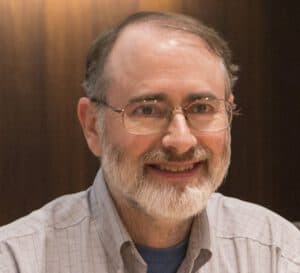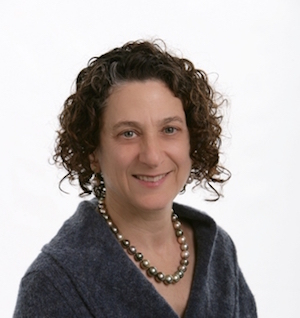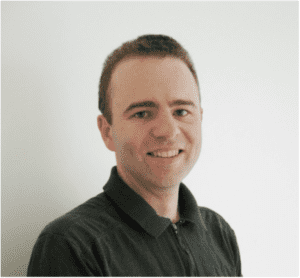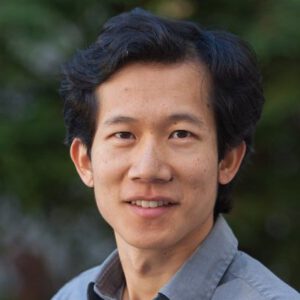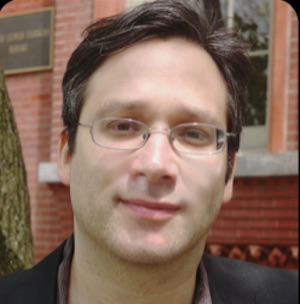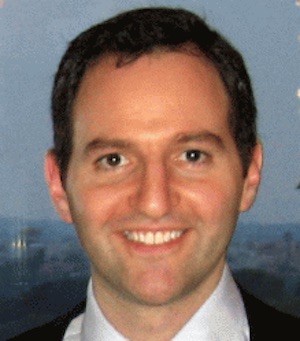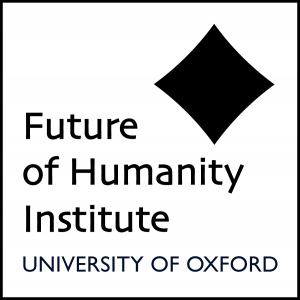Algorithms Among Us
The Societal Impacts of Machine Learning
Thursday 10th December 2015, 3pm-9pm
Public interest in Machine Learning is mounting as the societal impacts of technologies derived from our community become evident. This symposium aims to turn the attention of Machine Learning researchers to the present and future consequences of our work, particularly in the areas of privacy, military robotics, employment, and liability. These topics now deserve concerted attention to ensure the best interests of those both within and without Machine Learning: the community must engage with public discourse so as not to become the victim of it (as other fields have e.g. genetic engineering). The symposium will bring leaders within academic and industrial Machine Learning together with experts outside the field in order to debate the impacts of our algorithms and the possible responses we might adopt. A particular focus will be paid to technical areas of Machine Learning research that might serve to tackle some of the highlighted issues.



